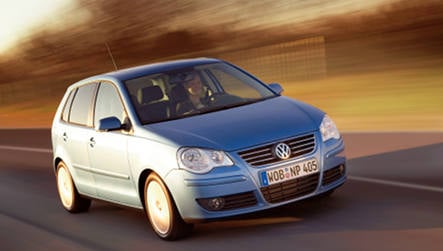“We are going to use our New Small Family line to offer our first electric vehicle in 2013,” he said in a speech, according to an advance text.
“And in 10 years at the latest we want to offer a large number of all-electric vehicles at affordable prices and with the autonomy that our clients expect.”
Winterkorn added that VW was aiming for 1.0-1.5 percent of the global all-electric vehicle market by 2020.
Another German manufacturer, Daimler, in late June launched Germany’s first hybrid vehicle almost 10 years after market leader Toyota.
German companies until now have mainly focused on diesel engines and, as a result, hybrids represented only 0.2 percent of the market last year, with the sale of 6,500 Toyota, Lexus or Honda models, according to national registration figures.
Volkswagen in late May signed a preliminary agreement with BYD of China to produce hybrid or electric cars, having reached a deal in February with Toshiba of Japan on the development of engines for such vehicles.



 Please whitelist us to continue reading.
Please whitelist us to continue reading.
Member comments